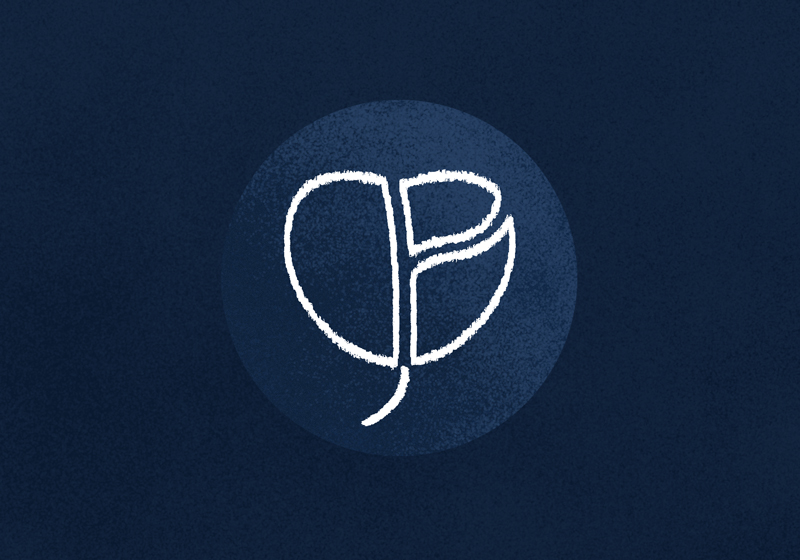Transperineal Prostate Biopsy

In some instances, your specialist may recommend a prostate biopsy to assess whether any cells in your prostate have become cancerous. The information obtained from the biopsy is vital for planning your future care.
What is a Transperineal Biopsy of the Prostate?
A transperineal biopsy is a 15-30 min procedure performed under general anaesthesia to gather detailed information about your prostate gland. During the biopsy, a small ultrasound probe is inserted into the rectum, and samples of the prostate gland are taken through the skin area between the scrotum and anus (the perineum) using a biopsy needle. This needle is guided by a grid, allowing prostate sampling from multiple areas. The biopsy specimens are then sent to the laboratory for examination.
Before the Procedure:
Before the procedure, there are a few important steps to follow:
- You may be required to administer a bowel enema on admission to hospital
- Fasting will be necessary before the procedure.
- You will need to cease, as per pre-operative instructions, any anti-platelet medications (such as Clopidogrel/Plavix) or anti-coagulant medications (such as Warfarin, Rivaroxaban, Dabigatran, Apixaban)
What to Expect After the Procedure:
After the biopsy is completed, you will wake up in the recovery room. Due to the risk of urinary retention, you must pass urine before being discharged. The risk of urinary retention is higher if you had pre-existing difficulties passing urine before the procedure. In some cases, Dr Sethi may advise you to commence a medication (tamsulosin or silodosin) to minimise this risk. If you cannot pass urine, a short-term catheter may need to be placed temporarily.
The procedure is typically not very painful, but the biopsied area can feel bruised and swollen. You can expect to have blood in your urine and ejaculate. Initially, the blood will be bright red (for the first 24-48 hours) and then gradually change to a rusty red colour. This blood can persist, especially in the ejaculate, for up to 8 weeks.
If you experience fevers, chills, sweats, or any concerns after the biopsy, please contact our office or the hospital for further evaluation. Since you will be under general anaesthesia, driving is not permitted 24 hours after the procedure. Therefore, please ensure that someone is available to drive you home.
The results from the biopsy typically take a few days to be processed. A follow-up appointment will be scheduled with Dr Sethi in 1-2 weeks to discuss these results and determine the next steps in your care.